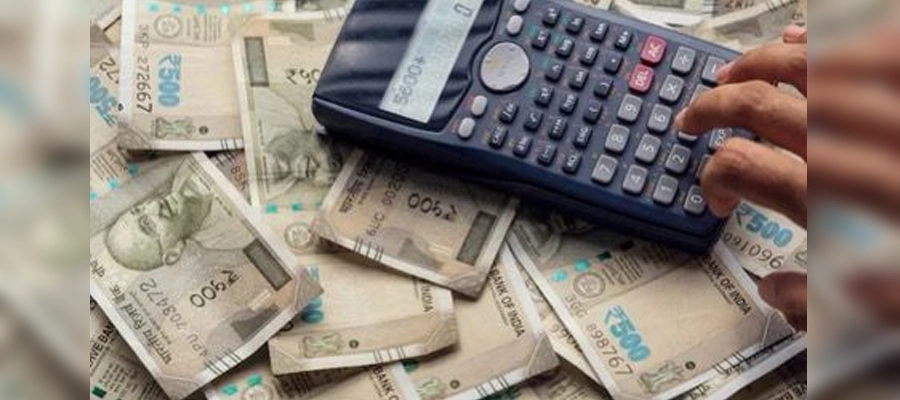As the new financial year begins on April 1, several changes in income tax rules will come into effect. These updates, announced by Finance Minister Nirmala Sitharaman in the Union Budget 2025, aim to simplify the tax system and provide relief to salaried employees. From a higher tax-free income limit to changes in TDS rules, these revisions will impact every taxpayer in India.
One of the biggest reliefs for taxpayers is the increase in the tax-free income limit under the new tax regime.
From April 1, individuals earning up to Rs 12 lakh annually will not have to pay any income tax. Earlier, this limit was Rs 7 lakh.
Additionally, salaried employees will benefit from a Rs 75,000 standard deduction, effectively making income up to Rs 12.75 lakh tax-free.
However, this exemption does not apply to capital gains, which will continue to be taxed separately.
The government has introduced revised tax slabs under the new tax regime, while the old tax regime remains unchanged.
Income up to Rs 4 lakh will be tax-free, while earnings between Rs 4 lakh and Rs 8 lakh will be taxed at 5 percent.
The tax rates gradually increase with higher income, reaching 30 percent for those earning above Rs 24 lakh.
The rebate limit under Section 87A has been raised from Rs 25,000 to Rs 60,000, benefitting individuals earning up to Rs 12 lakh under the new tax regime.
Combined with the standard deduction, this effectively increases the tax-free income threshold to Rs 12.75 lakh. The old tax regime remains unaffected by this change.
The threshold for tax deducted at source (TDS) on bank deposit interest has been increased from Rs 40,000 to Rs 50,000. This means that interest earnings up to Rs 50,000 will not be subject to TDS deductions.
From April 1, benefits and allowances given by employers will no longer be classified as taxable perquisites.
Additionally, if an employer covers the cost of medical treatment abroad for an employee or their family, this expense will not be considered a taxable benefit.
Taxpayers will now have four years, instead of two, to file updated income tax returns (ITR-U). This extension allows individuals to correct errors or omissions in their tax filings for a longer period.
A new tax-saving option has been introduced for parents. Those contributing to their child's NPS Vatsalya account can claim an additional deduction of Rs 50,000 under the old tax regime.
